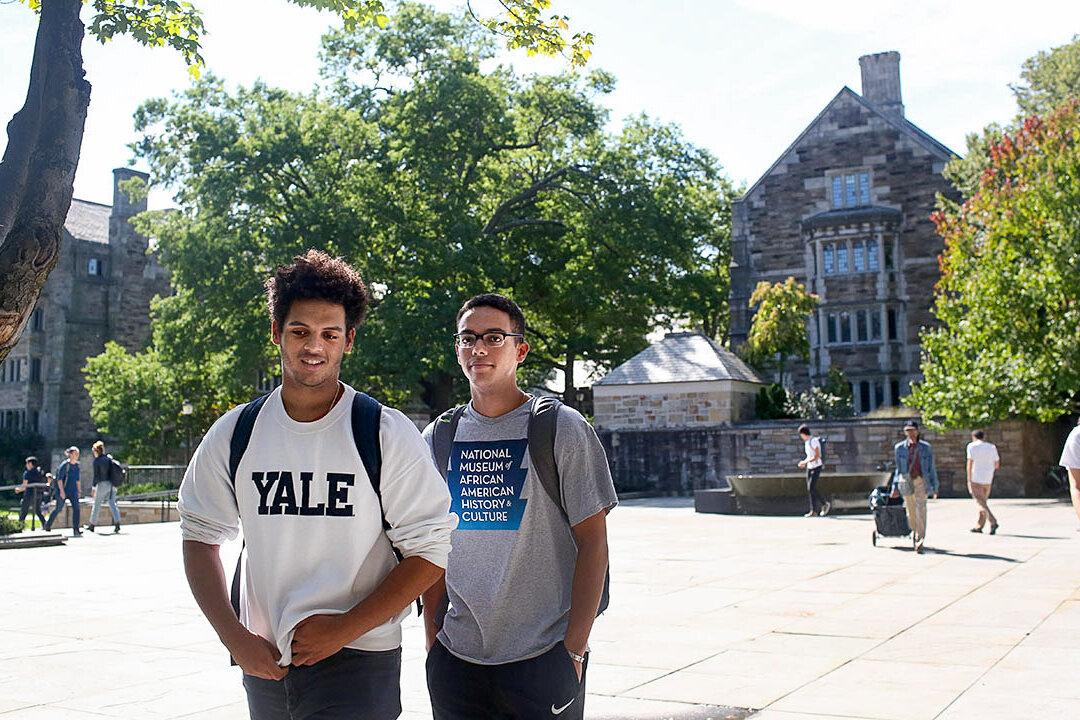Pro-Palestinian protests have led to crackdowns at one of the United States’ most prominent universities on the morning of April 22. Students were arrested at Yale University in New Haven, Connecticut, after large protests, according to the university and police.
A statement from the university noted that nearly 50 students were issued summonses after they were asked by Yale’s police department to show identification and “did not comply after multiple requests.”





